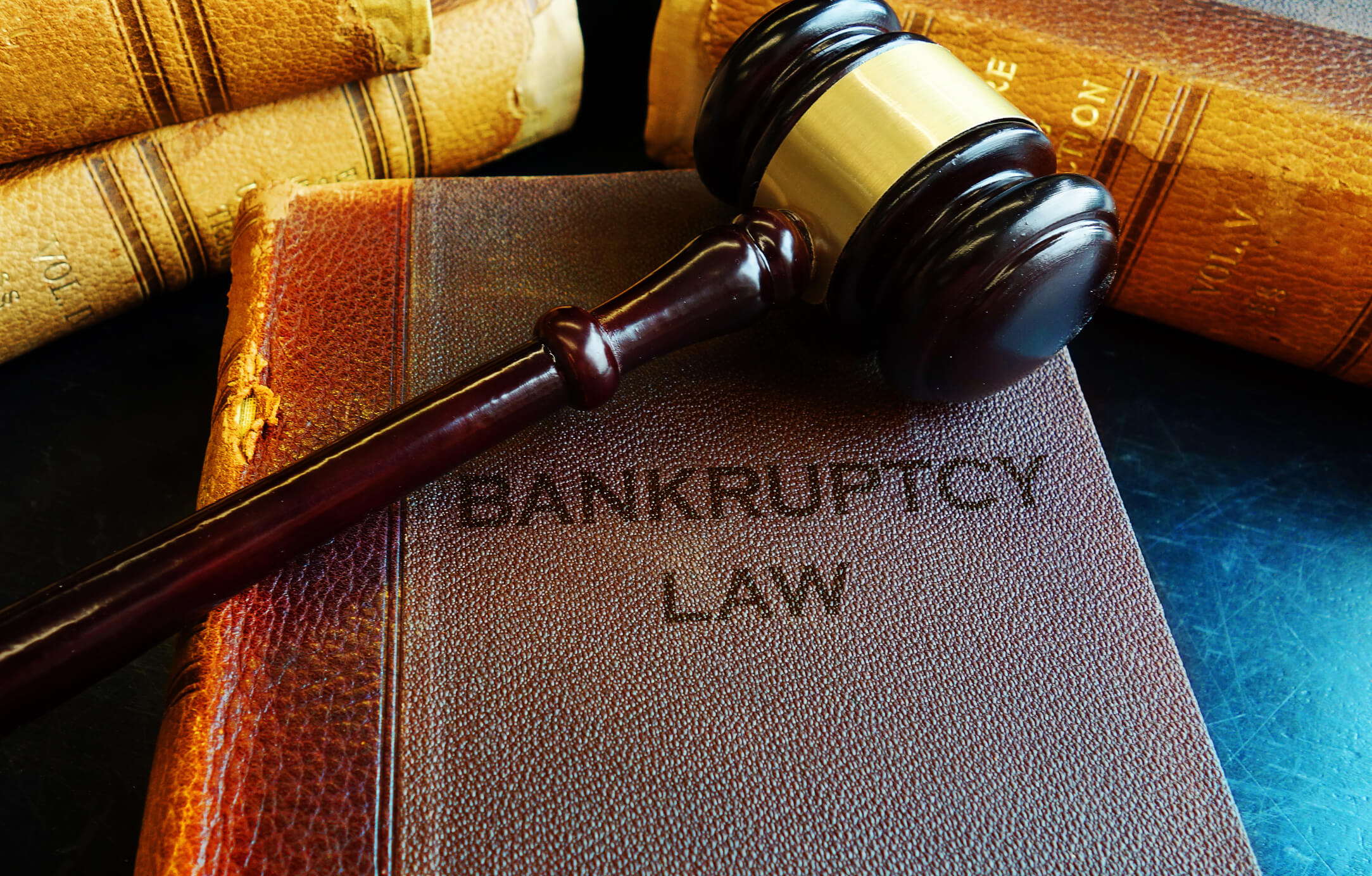Businesses, especially small and medium enterprises, are sometimes unable to run operations successfully for various reasons. A few reasons cited by leading experts and scholars are related to the owner’s authority and control. Not all start-ups will succeed, but companies with substantial capital and management structure are vulnerable to global turmoil and economic recession as well.

If such circumstances arise, then it is prudent to declare bankruptcy in the eyes of debtors, investors, and financial institutions. Bankruptcy is an option when a business overburdened by external debt and financial obligations, is going down the slope and is unable to meet its financial obligations.
Before proceeding, it is vital to understand the business’s organizational structure at the time of establishment. There are generally two categories of business entities. The first is known as an Unlimited Liability Company, and the second is referred to as Limited Liability Company. In the former type of business, the business’s liability is stretched to the personal asset of the business owner, such as a house, car, and other personally held assets. In the latter type of business, the liability is restricted to the assets of the business and its company, such as fixed assets, plants, shops, machinery, commercial vehicles, office furniture, etc.

It is suggested that business owners of small firms should only think about bankruptcy if their assets are at risk of being liquidated by individual creditors and financial institutions. However, if only the business is liable, bankruptcy should be weighed against the benefits of going out of business.
New business owners should register their firms as Limited Liability Corporation (LLC.) This registration will provide the business owner a safeguard for their personal and individual assets from creditors and financial institutions. Small business entities that run themselves as proprietorship or partnership firms are at significant risk of exposing their assets. However, even when the business entity is a limited liability company, the personal assets of the owners or directors may still be at risk in the event of recourse, provided if the directors of the corporations have provided personal guarantee as part of security and collateral to the creditors and financial institutions.

One mistake that leads to bankruptcy is when the owner does not draw a line between business operations and personal finances. In this scenario, the court will give out the verdict that since the business owner did not deal with the operations of the business and personal needs separately, the assets of both the firm and personal belongings will be considered as one. It is another matter and debate that creditors and financial institutions are skeptical in providing any financial security to such business entities without any proper tangible collateral.
 About Complete Controller® – America’s Bookkeeping Experts Complete Controller is the Nation’s Leader in virtual bookkeeping, providing service to businesses and households alike. Utilizing Complete Controller’s technology, clients gain access to a cloud-hosted desktop where their entire team and tax accountant may access the QuickBooks™️ file, critical financial documents, and back-office tools in an efficient and secure environment. Complete Controller’s team of certified US-based accounting professionals provide bookkeeping, record storage, performance reporting, and controller services including training, cash-flow management, budgeting and forecasting, process and controls advisement, and bill-pay. With flat-rate service plans, Complete Controller is the most cost-effective expert accounting solution for business, family-office, trusts, and households of any size or complexity.
About Complete Controller® – America’s Bookkeeping Experts Complete Controller is the Nation’s Leader in virtual bookkeeping, providing service to businesses and households alike. Utilizing Complete Controller’s technology, clients gain access to a cloud-hosted desktop where their entire team and tax accountant may access the QuickBooks™️ file, critical financial documents, and back-office tools in an efficient and secure environment. Complete Controller’s team of certified US-based accounting professionals provide bookkeeping, record storage, performance reporting, and controller services including training, cash-flow management, budgeting and forecasting, process and controls advisement, and bill-pay. With flat-rate service plans, Complete Controller is the most cost-effective expert accounting solution for business, family-office, trusts, and households of any size or complexity.




